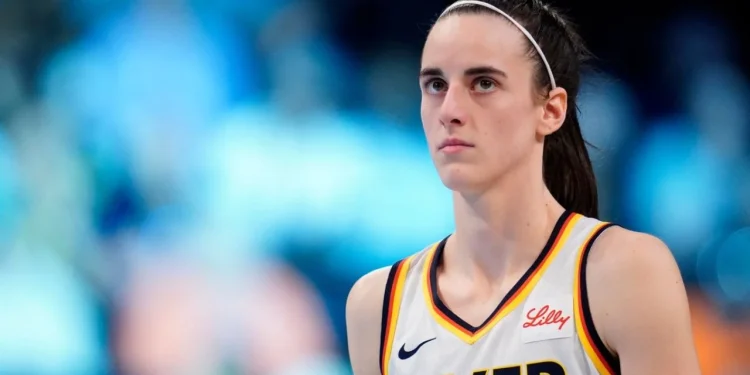Caitlin Clark’s basketball journey began at Iowa University, where she quickly became a household name in women’s college basketball. Her prowess was particularly noted during the 2023 Women’s March Madness tournament. Known for her long-range shooting skills reminiscent of NBA star Stephen Curry, Clark changed many skeptics’ perceptions of women’s basketball.
Her competitive nature was on full display, particularly in the emotional highs and lows of the NCAA National Championship Game against LSU, where despite a loss, her spirit remained undampened. Clark’s impact on the sport continued to grow as she broke the NCAA scoring record and helped drive viewership numbers to new heights.
Her efforts didn’t go unnoticed, with icons like University of South Carolina’s head coach Dawn Staley and WNBA MVP Breanna Stewart acknowledging her significant contributions to elevating women’s basketball.
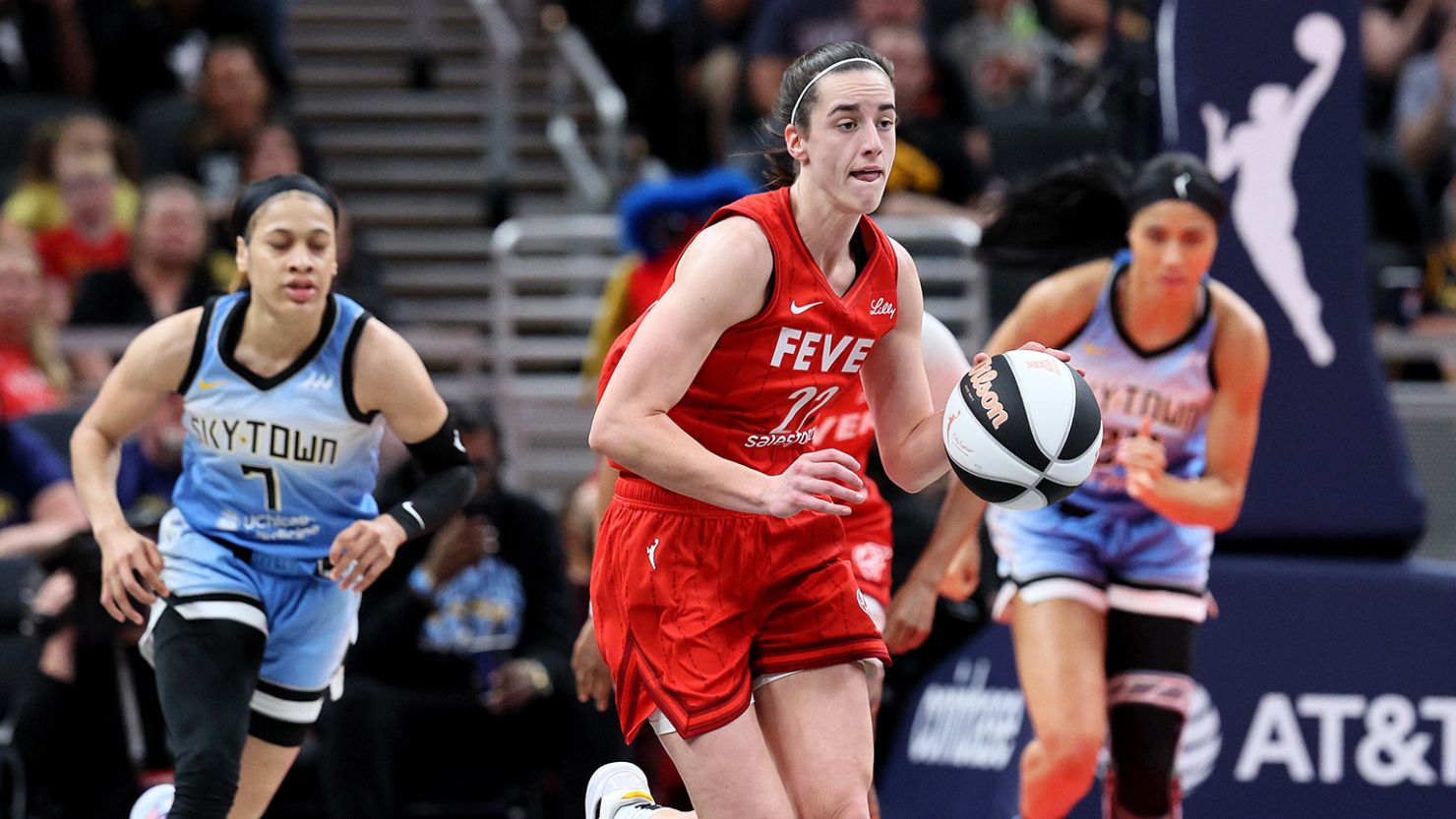
The Transition to Professional Play: Challenges and Controversies
The pinnacle of Clark’s collegiate achievements led her to be the first overall pick in the 2024 WNBA Draft by the Indiana Fever. However, her introduction to professional basketball has not been without challenges.
Averaging 15.6 points, 5.1 rebounds, and 6.4 assists per game, Clark’s performance is commendable for a rookie, yet her shooting efficiency and high turnover rate have been points of contention. Furthermore, her physical treatment by other players has sparked a heated debate across sports media and social platforms.
One notable incident occurred during a game against the Chicago Sky, where a physical encounter with Sky’s guard Chennedy Carter escalated into a larger controversy, attracting comments from various sports figures and media personalities. This situation highlighted the intense scrutiny and sometimes harsh realities new players face in the league.
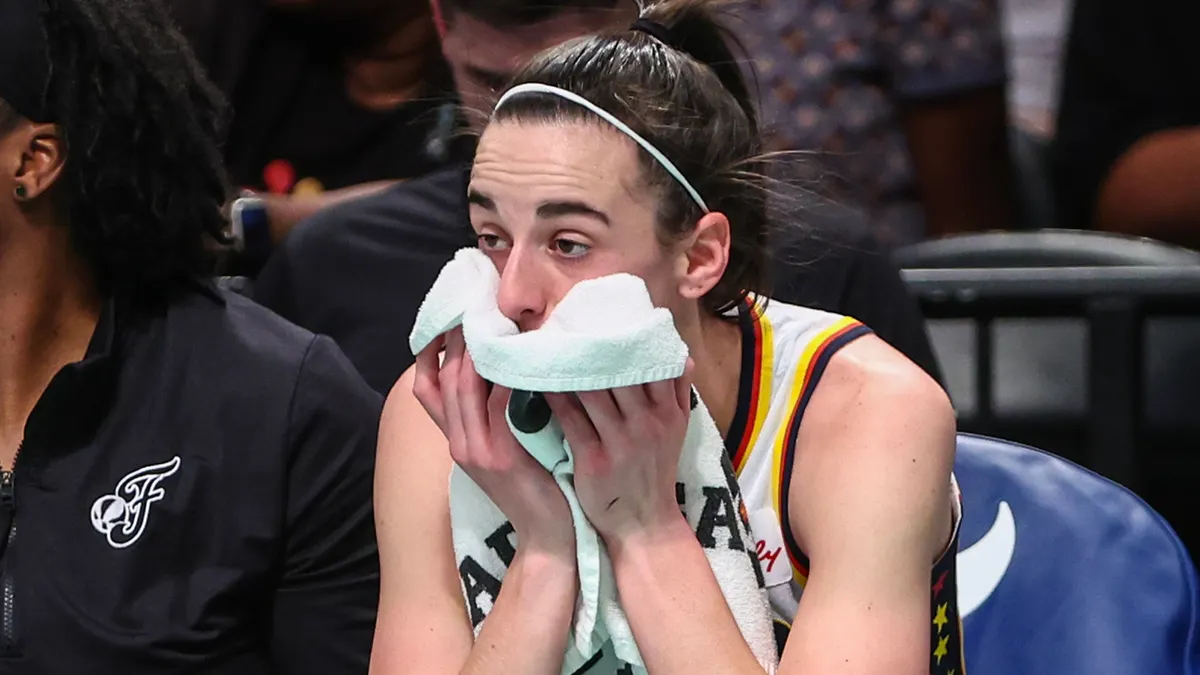
Media and Public Reaction: Defending Caitlin Clark
The discourse around Clark has polarized observers. Some argue that the physicality she faces is part and parcel of professional basketball, while others, including notable figures like Charles Barkley and Pat McAfee, have vocally defended her, suggesting that her presence has brought much-needed attention and resources to the WNBA.
ESPN’s Elle Duncan expressed concerns about the reductive narratives that emerge when those new to women’s basketball coverage perpetuate simplistic and negative storylines. This sentiment is echoed by other players and coaches who call for a more nuanced understanding of the dynamics within the league.
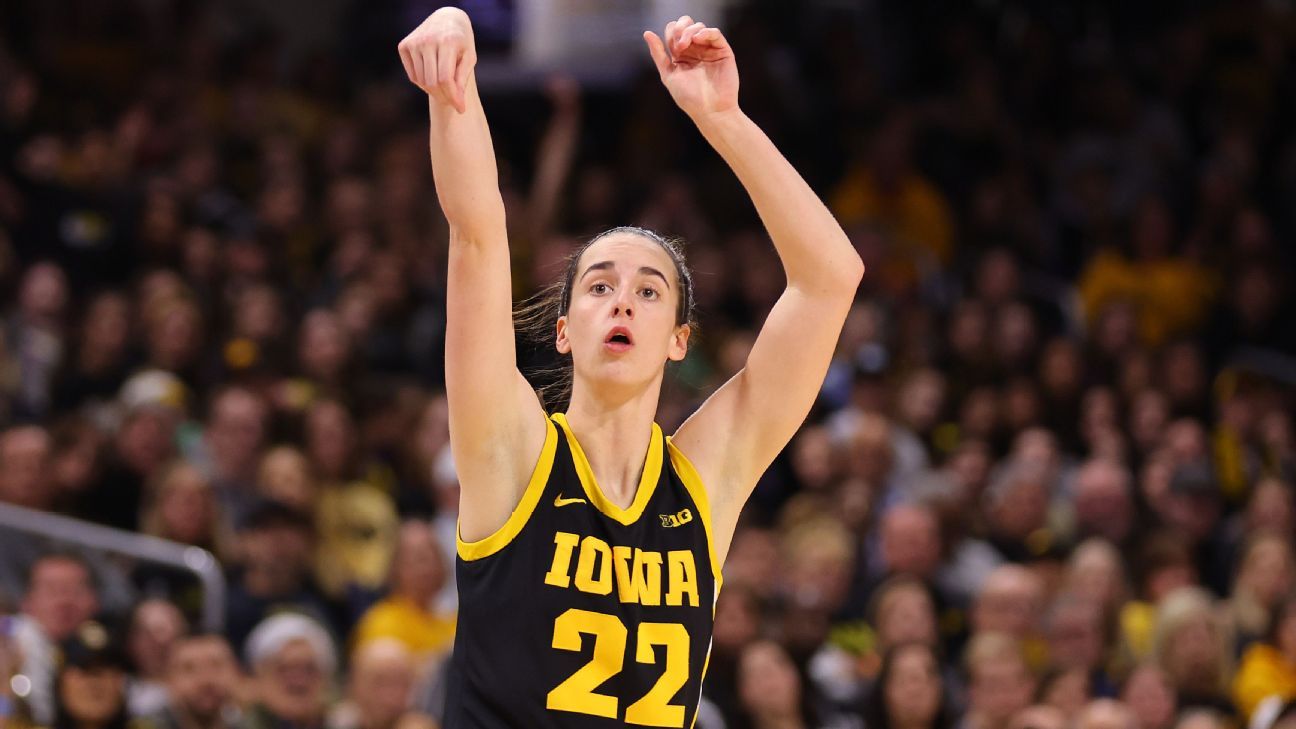
Caitlin Clark’s Perspective
Through it all, Clark has maintained a pragmatic outlook on her experiences in the WNBA. Recognizing the increased physicality as part of the professional game, she has voiced that the treatment she receives on the court is a reality she must navigate as she continues to grow in her career.
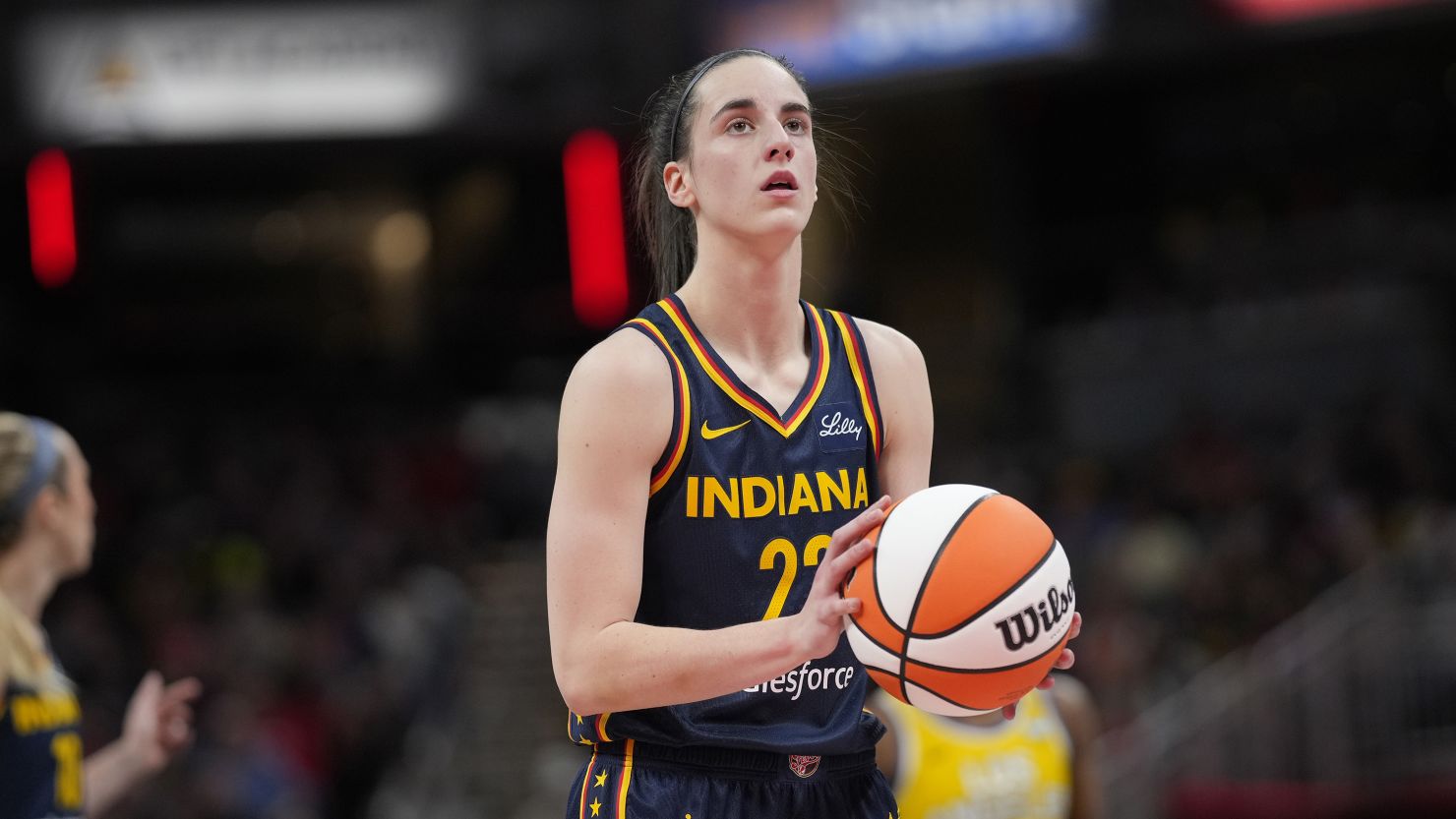
Beyond the Jealousy Narrative
As the conversation around Clark continues to evolve, it’s clear that her effect on women’s basketball is profound and multifaceted. While there are challenges and criticisms, the overarching impact of her presence is a testament to her skill and dedication.
As the sports community watches her development in the WNBA, the hope is that the focus will shift from contention to celebration of her achievements and the positive changes she brings to the sport.
This story isn’t just about basketball; it’s about the trials and triumphs of a young athlete navigating the pressures and expectations of professional sports. Clark’s journey is a reminder of the complexities of modern sports narratives and the power of resilience in the face of adversity.
Source: The Street


